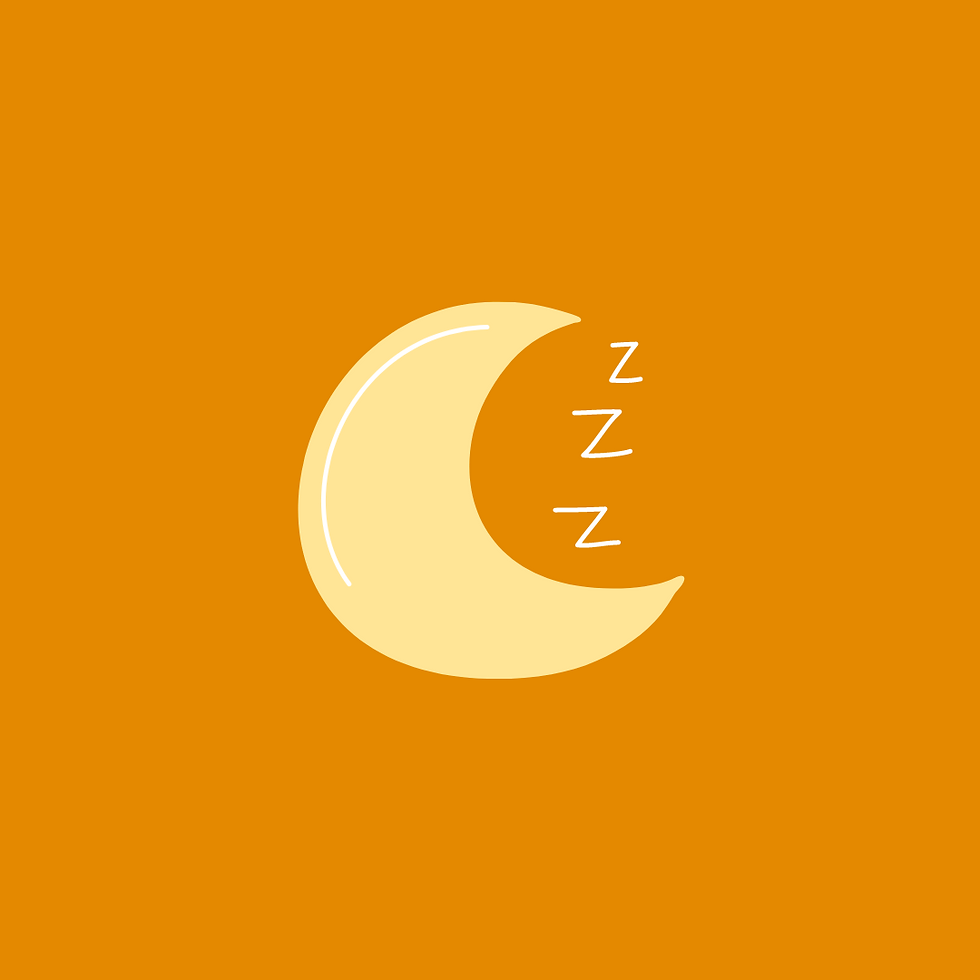Revisiting Sleep

Sleep has become a precious commodity—we love and need it but rarely get enough. Busy schedules, kids, anxiety, and technology can all prevent a good night's sleep.
Getting enough sleep can be essential for weight, emotional well-being, blood pressure, diabetes, mental and physical performance, and more.
Remember that adults aren't the only ones who need good sleep. It's also critical that children get more sleep than adults.
The three pillars of health are nutrition, physical exercise, and sleep. All three of these are connected.
For example, if you don't sleep well, you may not eat well. People crave food when they haven't slept well and often crave food with lots of carbohydrates, like sweets and sugar. And when you are tired, the last thing you want to do is go to the gym.
People who are fully functioning pay attention to all three. They must all be working together for better health.
Here are some other health benefits of sleep:
Promotes growth and cellular turnover (out with the bad).
Helps heart health.
Supports weight management (if you are not sleeping, you will not lose weight).
It helps combat germs and keep your immune system strong.
Increases attention span.
Boosts memory and learning.
I have found that making simple suggestions makes a big difference with my patients. They can work on a little at a time and not be overwhelmed.
Here are my top recommendations:
Try to maintain a regular sleep schedule. Go to bed and get up at the same time each day.
Establish a relaxing bedtime routine.
Create a sleep-conducive environment. (Keep it cool and dark).
Sleep on a comfortable mattress and pillows.
Finish eating at least 2-3 hours before bedtime.
Exercise regularly.
Avoid caffeine, nicotine, and alcohol close to bedtime.
Keep a sleep diary. Some people enjoy tracking devices that track their sleep and show them what helps and what doesn't. I have an Oura ring, and my son has a Whoop. We love to compare our scores.
Turn off electronics, TVs, and computers two hours before bed. The blue light from these devices causes your brain to stay active. Turning them off a couple of hours before bed gives your brain a chance to unwind and get ready for sleep.
More to come!!! Sleep well!
All material was gathered and researched through my amazing fellowship program, The Arizona Center for Integrative Medicine.
and


Comments